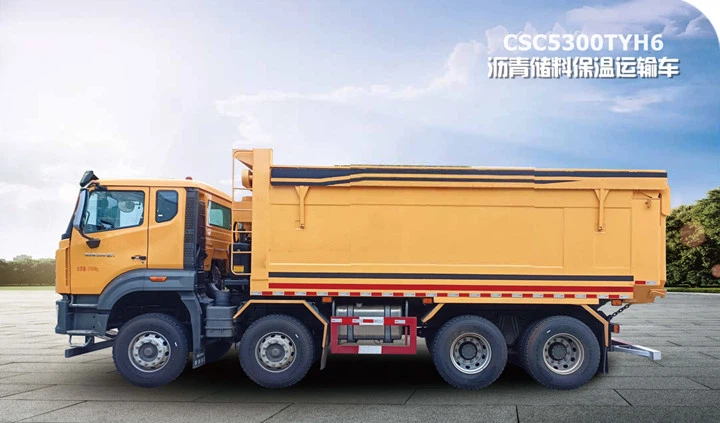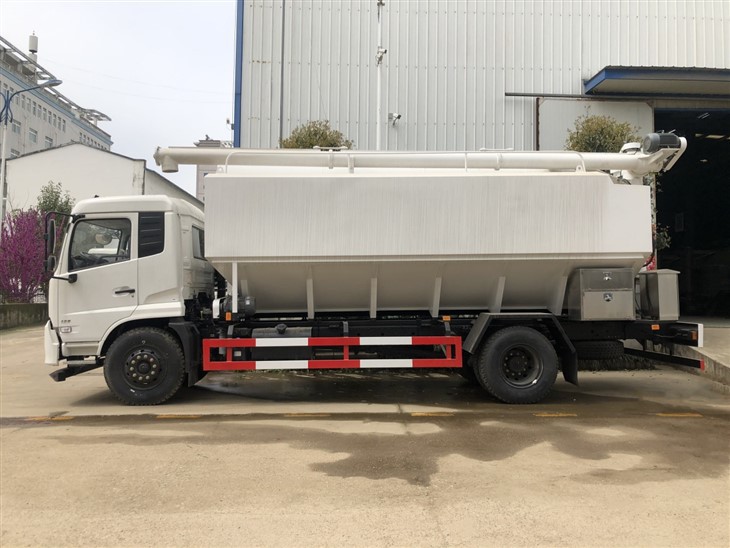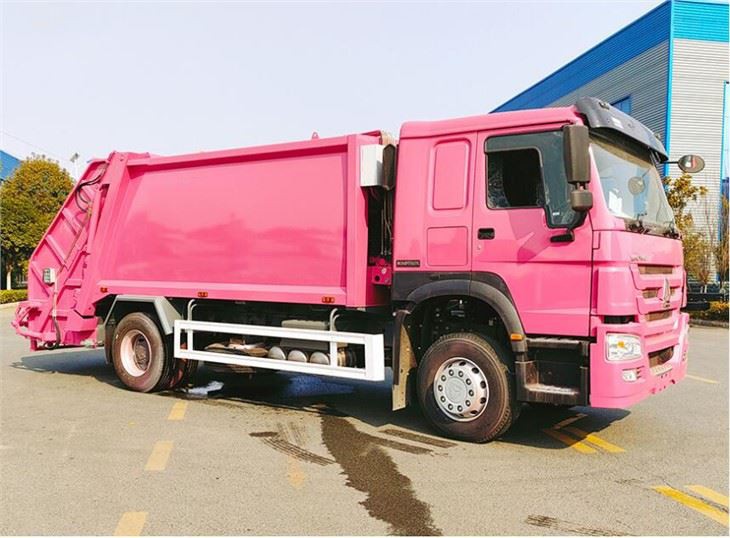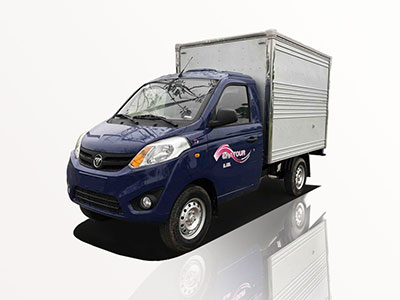5 tonne trucks are essential vehicles for transportation tasks that require a balance of capacity and maneuverability. Whether for commercial purposes, deliveries, or moving household items, understanding the features, specifications, and uses of 5 tonne trucks can greatly enhance your logistics operations. In this article, we will discuss everything you need to know about 5 tonne trucks, including their types, benefits, and practical tips for effective use.
What is a 5 Tonne Truck?
A 5 tonne truck is a vehicle specifically designed to carry a maximum load of up to 5,000 kilograms (approximately 11,000 pounds). These trucks come in various styles and configurations, making them versatile for a wide range of applications, from construction to delivery services.
Types of 5 Tonne Trucks
5 tonne trucks are available in several configurations. Here’s a closer look at some common types:
1. Box Trucks
Box trucks have an enclosed cargo area that provides protection for goods. These trucks are ideal for moving furniture, appliances, or other items that require safeguarding during transport.
2. Flatbed Trucks
Flatbed trucks feature a flat cargo area without sides or a roof, allowing for easy loading and unloading of heavy or oversized items, such as construction materials or machinery.
3. Tipper Trucks
Tipper trucks are designed to dump their cargo. This makes them invaluable in construction, where materials like sand, gravel, or debris need to be unloaded quickly and efficiently.
4. Refrigerated Trucks
Refrigerated 5 tonne trucks are equipped with temperature control systems. They are ideal for transporting perishable goods, such as food and pharmaceuticals, that need to be kept cold during transit.
Benefits of Using a 5 Tonne Truck
5 tonne trucks offer several advantages, making them a popular choice for various transportation needs. Here are some key benefits:
1. Versatility
These trucks can handle a wide array of cargo, from heavy construction materials to delicate household items, making them suitable for various industries.
2. Fuel Efficiency
Compared to larger trucks, 5 tonne trucks generally consume less fuel, which reduces operational costs for businesses.
3. Easier Maneuverability
The compact size of a 5 tonne truck allows for easier navigation in urban environments, making them ideal for last-mile deliveries in crowded areas.
4. Cost-Effective
Businesses can save on ownership and maintenance costs with a 5 tonne truck compared to larger vehicles. They often require lower insurance premiums and registration fees.
5. Reduced Licensing Requirements
In many regions, driving a 5 tonne truck may not require a special heavy vehicle license, which simplifies employee training and recruitment.
Specifications of 5 Tonne Trucks
Understanding the specifications of a 5 tonne truck is crucial when selecting the right vehicle for your needs. Here are some critical specifications to consider:
| Specification | Typical Value |
|---|---|
| Maximum Payload Capacity | 5,000 kg |
| Gross Vehicle Mass (GVM) | Up to 7,500 kg |
| Engines | 4-cylinder diesel or petrol |
| Fuel Type | Diesel/Petrol |
| Transmission | Manual or Automatic |
| Typical Dimensions | Length: 5 – 7 m Width: 2 – 2.5 m Height: 2.5 – 3.5 m |
Choosing the Right 5 Tonne Truck
Selecting the right 5 tonne truck depends on your unique requirements. Consider the following factors when making your choice:
1. Purpose of Use
Determine the primary function of the truck. Will it be used for deliveries, moving household items, or construction projects? Your intended use will influence the type of truck you need.
2. Load Requirements
Assess the typical load you expect to carry. Ensure the truck can accommodate your payload, taking into account any specific dimensions needed for your cargo.
3. Fuel Efficiency
Compare fuel consumption rates across different models. Choose a truck with optimal fuel efficiency to lower your running costs.
4. Fleet Compatibility
If you already have other vehicles in your fleet, consider how the new truck will fit in terms of performance and maintenance needs.
5. Budget
Evaluate your budget for purchasing or leasing a truck. Don’t forget to consider insurance, maintenance, and operation costs.
Practical Tips for Operating a 5 Tonne Truck
To ensure efficient operation and longevity of your 5 tonne truck, follow these practical tips:
1. Regular Maintenance
Schedule regular maintenance checks to keep your truck in optimal condition. This includes oil changes, tire rotations, and brake inspections.
2. Proper Loading Techniques
Distribute the weight evenly when loading to avoid strain on the truck and ensure safety on the road. Use straps and tarps to secure your cargo.
3. Driver Training
Ensure that all drivers are trained in safe driving practices, including maneuvering in tight spaces and handling different types of cargo.
4. Use Technology
Leverage GPS technologies for routing, and consider telematics systems for tracking vehicle performance and fuel efficiency.
5. Monitor Weight Limits
Always follow the weight limits specified for the vehicle to maintain compliance with local regulations and ensure safety.
6. Plan Routes Carefully
Plan your routes to minimize travel time and fuel consumption. Avoid congested areas and road works whenever possible.
Cost of Owning a 5 Tonne Truck
The cost of owning a 5 tonne truck involves several factors. Here’s a breakdown of potential expenses:
| Cost Area | Expected Price Range |
|---|---|
| Purchase Price | $30,000 – $60,000 |
| Insurance | $1,200 – $3,000/year |
| Fuel | $1,500 – $3,000/year |
| Maintenance | $1,000 – $2,500/year |
| Depreciation | $3,000 – $5,000/year |
5 Tonne Truck Rental vs. Purchase: Which is Best?
Deciding whether to rent or purchase a 5 tonne truck depends on your specific needs. Here are some considerations for both options:
Renting a 5 Tonne Truck
Advantages:
- Lower immediate costs
- Flexibility to scale operations
- No maintenance responsibilities
Disadvantages:
- Recurring costs can add up over time
- No ownership equity
- Potential availability issues during peak seasons
Purchasing a 5 Tonne Truck
Advantages:
- Asset that adds value to your business
- Fixed monthly costs if financed
- Customization options available
Disadvantages:
- Higher upfront costs
- Maintenance and repair obligations
- Depreciation costs over time
5 Tonne Truck for Small Businesses
For small businesses, a 5 tonne truck can be a game-changer. Here’s how:
1. Cost-Effectiveness
With lower purchase and running costs, small businesses can benefit greatly from using 5 tonne trucks for deliveries and transport needs.
2. Enhancing Delivery Capabilities
Ability to transport larger quantities of goods helps improve delivery efficiency, leading to happier customers and increased sales.
3. Branding Opportunities
Using 5 tonne trucks branded with company logos promotes visibility and can serve as an effective marketing tool as you travel around.
FAQs about 5 Tonne Trucks
1. What can a 5 tonne truck carry?
A 5 tonne truck can carry a variety of loads, including furniture, appliances, construction materials, and even small vehicles, depending on its type and configuration.
2. Do I need a special license to drive a 5 tonne truck?
In many regions, a standard driver’s license will suffice for driving a 5 tonne truck. However, it’s essential to check local regulations for specific requirements.
3. How do I maintain a 5 tonne truck?
Regular maintenance includes oil changes, brake checks, tire rotations, and inspections of the cargo area. Establish a maintenance schedule and adhere to it.
4. What is the average fuel consumption for a 5 tonne truck?
Fuel consumption varies by model and driving conditions, but a 5 tonne truck usually averages between 10 to 15 liters per 100 kilometers.
5. Is it better to rent or buy a 5 tonne truck?
The choice between renting and buying depends on your business needs. Renting provides short-term flexibility, while purchasing can be more cost-effective for long-term use.
6. Can I customize my 5 tonne truck?
Yes, 5 tonne trucks can often be customized in terms of cargo area modifications, branding, and additional features to suit your specific needs.



